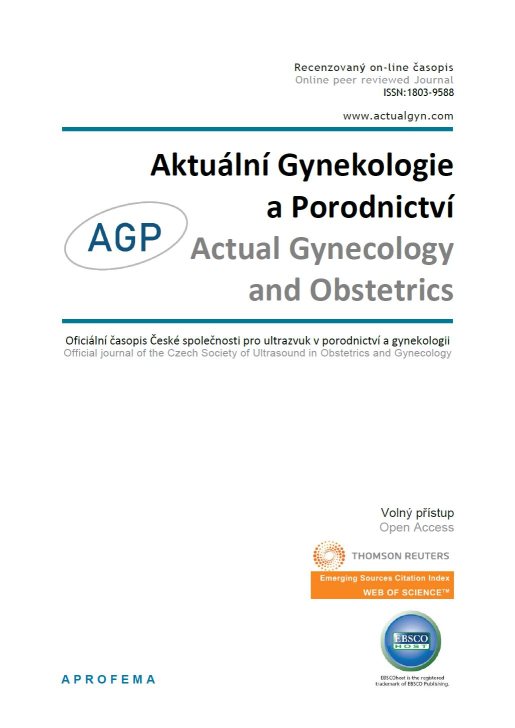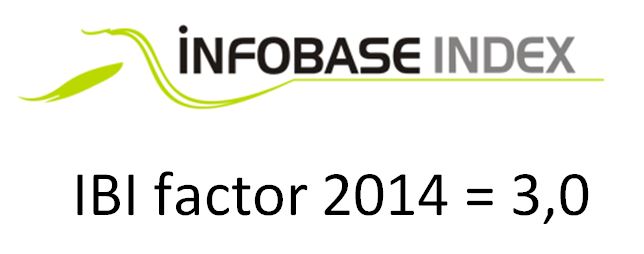











 Official publication of the Czech Society of Ultrasound in Obstetrics and Gynecology.
Official publication of the Czech Society of Ultrasound in Obstetrics and Gynecology.

This review article provides a comprehensive overview of premature ovarian insufficiency (POI), encompassing etiology, diagnosis, clinical manifestations, and treatment options. With a prevalence of approximately 1%, POI affects a significant portion of the female population. The causes of POI are diverse, including genetic, autoimmune, iatrogenic, and infectious factors; however, despite detailed investigations, many cases remain unexplained. Symptoms of POI arise from ovarian dysfunction, resulting in hypoestrogenism and anovulation, including vasomotor symptoms, impacts on cardiovascular and bone health, urogenital difficulties, and infertility. Diagnosis relies on blood levels of follicle-stimulating hormone (FSH), with additional markers such as anti-Müllerian hormone (AMH) and ultrasound playing supportive roles. Hormone replacement therapy (HRT) is a key component of treatment, with the appropriate regimen varying based on individual women's needs. HRT has demonstrated benefits in improving vasomotor symptoms, bone health, and sexual function, but risks and potential treatment complications, especially in specific patient groups, need careful consideration. The article is compiled as a comprehensive summary of current knowledge on POI, focusing on clinically applicable information. Its purpose is to enhance awareness of this clinical entity, facilitating timely detection of the disorder and subsequently enabling proper care for affected patients, ideally within a multidisciplinary approach to their treatment.